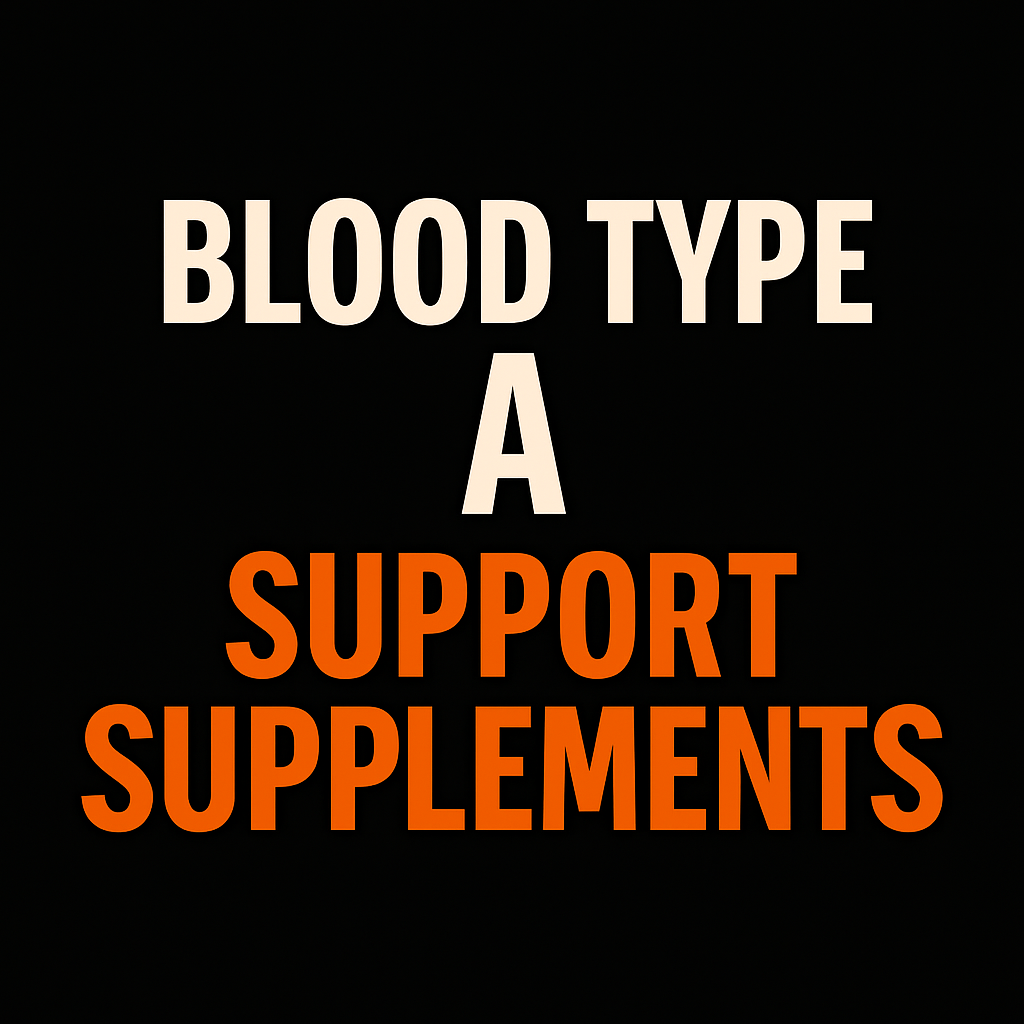🌿 Common Ailments Blood Type A May Experience
Blood Type A individuals are naturally more suited for a plant-forward lifestyle and tend to thrive on clean, calming routines. But when their body’s specific needs aren't honored, it can lead to a range of health challenges. Let’s break it down:
🥩 1. Ineffective Animal Protein Breakdown
Type A stomachs typically produce lower levels of hydrochloric acid, making it harder to break down animal proteins like red meat. This can result in undigested food sitting in the gut, leading to bloating, sluggish digestion, and toxin buildup.
Support Tip: Stick with plant-based proteins like tofu, tempeh, legumes, and blood type-compatible fish. CEOrganix Plant-Based Protein Powder is a perfect addition to support A-type digestion and muscle repair without the heaviness.
🧈 2. Difficulty Processing Saturated Fats
Blood Type A doesn’t do well with heavy, fatty foods. Saturated fats from meat and dairy may overwhelm the liver, slow metabolism, and contribute to weight gain or elevated cholesterol levels over time.
Support Tip: Incorporate healthy fats like olive oil, avocado, flaxseed, and walnuts. Supplements like Ultimate Omega-3 can give your body the essential fats it needs without the digestive stress.
😮💨 3. Adrenal Stress and Cortisol Imbalance
Type A personalities often run on high alert. This blood type tends to produce more cortisol—and hold onto it longer—making them more sensitive to stress. Over time, this may lead to fatigue, anxiety, sleep issues, and immune suppression.
Support Tip: Adaptogenic herbs like ashwagandha, holy basil, and lemon balm (found in CEOrganix Chill) help regulate cortisol levels and bring the body back into balance.
🩸 4. Higher Blood and Cell Viscosity
A-Type individuals may experience sluggish blood flow or thickened blood cells, especially under chronic stress. This can slow oxygen delivery, hinder circulation, and increase clotting tendencies.
Support Tip: Natural vasodilators like beetroot, L-arginine, and garlic—featured in CEOrganix Nitro Flow and Ultra Beets—can help support better circulation and a healthier cardiovascular system.
🦠 5. Bacterial Overgrowth & Gut Imbalance
Low stomach acid can also lead to an overgrowth of harmful gut bacteria and a weakened microbiome. This can cause digestive discomfort, gas, bloating, and compromised nutrient absorption.
Support Tip: Incorporate daily probiotics and gut-friendly foods. CEOrganix Pro-Zymes helps promote a healthy gut environment, reduce bloating, and support nutrient assimilation.


2 comments
Is the plant protein no longer available?
I would like to know all of my blood type foods benefit and what to stay away from